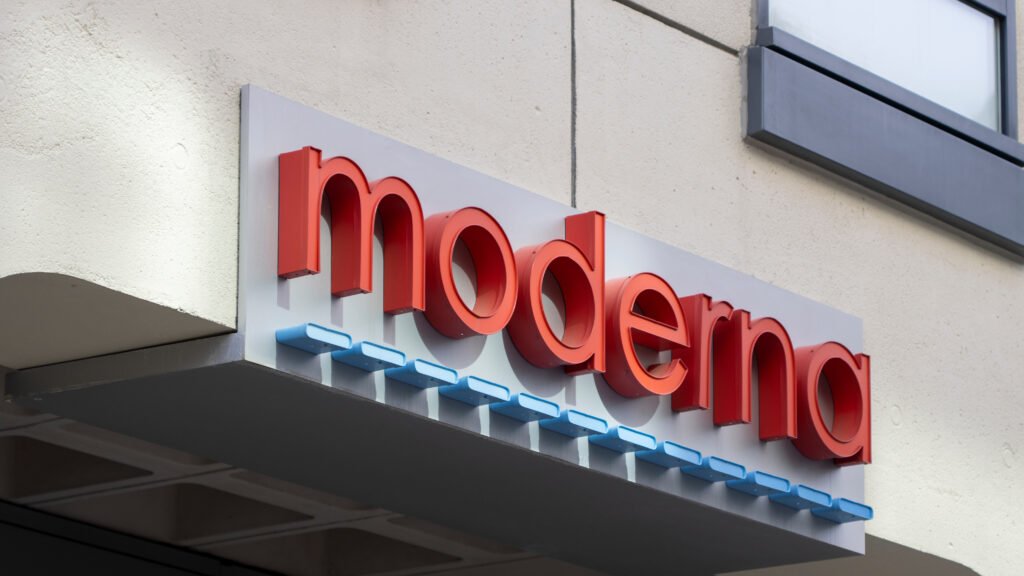The Department of Health and Human Services has made the decision to cancel a $600 million contract with Moderna for the development of vaccines targeting potential pandemic flu subtypes, including the deadly H5N1 bird flu virus.
This move comes as a blow to the country’s ability to respond to future influenza outbreaks, as the messenger RNA platform used by Moderna allows for the rapid production of vaccines. However, the platform has faced criticism from Health Secretary Robert F. Kennedy Jr. and his political supporters, leading to the cancellation of the contract.
The decision to cancel the contract was not unexpected, as the new leadership at HHS had indicated in February that they were reviewing the agreement. While other flu vaccine production methods exist, none can match the speed and efficiency of the mRNA technology utilized by Moderna and other companies.
The cancellation of the contract highlights the challenges and complexities of navigating the intersection of science, public health, and politics. It underscores the importance of maintaining a robust and agile response infrastructure to address the evolving threat of infectious diseases.
As the world continues to grapple with the ongoing COVID-19 pandemic, the need for effective and innovative vaccine development strategies remains paramount. The decision to cancel the contract with Moderna raises questions about the future direction of pandemic preparedness and response efforts in the United States.
In the face of these challenges, it is crucial for policymakers, public health officials, and pharmaceutical companies to work together to ensure that we are equipped to effectively respond to emerging infectious disease threats. Collaboration, innovation, and a commitment to evidence-based decision-making will be key in safeguarding public health and preventing future pandemics.


